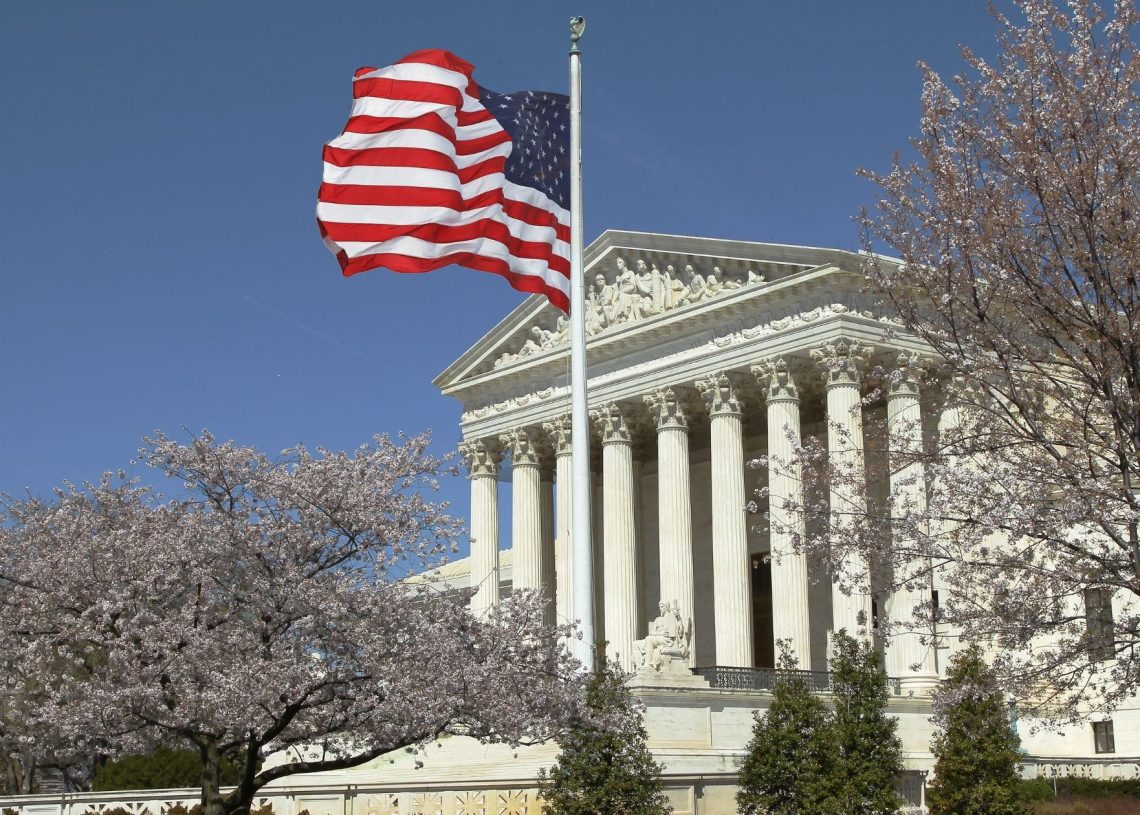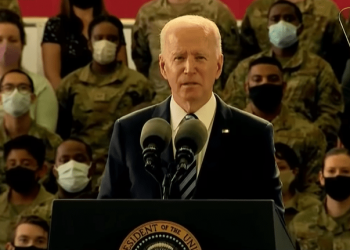The US Supreme Court has taken the side of college athletes in a compensation row with the National Collegiate Athletic Association (NCAA). It told that NCAA cannot limit educational benefits for student athletes.
As per the current NCAA rules, no student will get money and the scholarship amount will depend on students’ attendance. The NCAA strongly defended its rules by declaring them necessary for protecting the distinction between amateur and professional sport.
In 2019, the NCAA gathered $18.9 bn from college sports but still, college athletes have not received any money. The NCAA is the leading governing body of US collegiate sports and it hosts 90 championships in 24 sports. Over 57,999 participants involve in these sports each year.
Court Agrees to Athletes’ Complaint
The court agreed to the complaint of current and old athletes and it declared NCAA’s act a violation of federal law, the Sherman Antitrust Act. This law is meant to eradicate monopolies in business.
According to the court, the NCAA cannot enforce curbs on non-cash payments such as benefits like computers, academic awards, pain internships, and musical instruments.
Student athletes from the top-tier basketball and American football teams filed the case in the court. Donald Trump nominee Justice Neil Gorsuch said that the NCAA had gained trust for the normal operation of the antitrust laws.
Fellow conservative Justice Brett Kavanaugh offered his concurring opinion on this. He said the NCAA’s business model is not legal in almost every other industry in the US. Moreover, he blamed the NCAA for the violation of the law.
Jeffrey Kessler, the main attorney for student athletes, called it the “historic decision”. Besides, he called it a favorable decisoin for athletes who would never join the professional sports.
Historic Decision Opens Doors for Further Change in NCAA Rules
In its response, the NCAA defended its stance in the court. And it said that the amateur nature of university sport set it apart from other business activities in the US. Student athletes’ lawyers said the decision will open doors for further change in the NCAA rules.
Besides, he said it will lead to a fair and competitive compensation system for meticulous players. And they will get economic benefits for their labors and they would meet their educational objectives with ease.
According to the court, the federal law regulating massive industries in the US also applies to intercollegiate athletics. In simple words, it means student-athletes can get modest cash payments and other educational supplies with ease.







